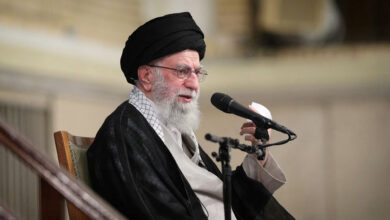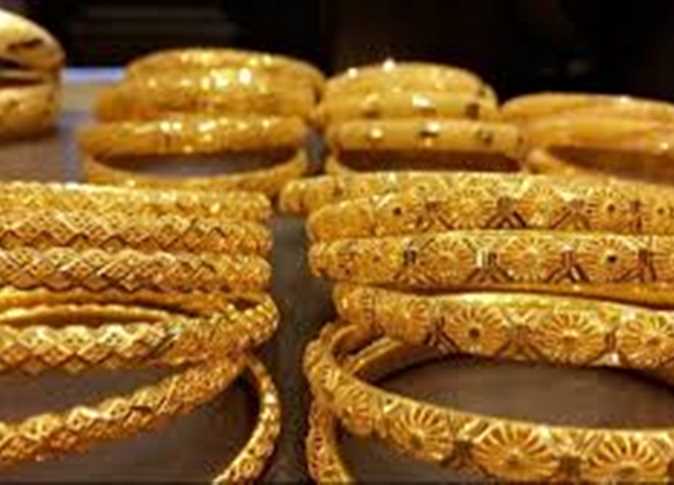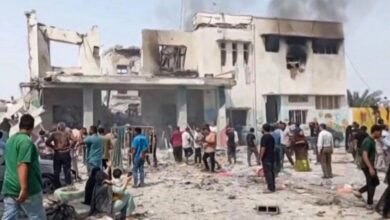
Egyptian Ramadan 2020 television series “Al-Nihaya” (The End) has provoked controversy for its handling of the topic of Freemansonry, after Actor Iyad Nassar appeared in the series as the one-eyed “president of the oasis and the president of the entire world.”
Critic Tariq al-Shinnawy criticized the series for tackling Freemasonry, saying that “[Freemasonry] is an ambiguous and versatile expression that changes over time. Egypt had legal Freemasonry temples, and well-known figures such as Jamal Eddin al-Afghani joined the Freemasons.”
Shennawy added: “The problem with the series is that it took a vague definition of Freemasonry, and started building upon it with hostility and attack.”
“No one can say of course that Freemasonry is free of any corruption,” he added.
“It would have been better for the series not to address any doctrine or specific thought, especially since this particular doctrine is ambiguous. Including Freemasonry in drama is incorrect,” he continued.
“The show,” Shennawy said, “became an intellectual flop, since it takes place in an era that is 100 years from now, where the demise of Israel occurs,” he said.
He went on to say that, “This idea in particular finds a good resonance with the Arabs, not Israel. The series contains a kind of naivety of expression, and this type of drama must be based on artistic logic, so as to not distort audience’s imagination.”
“Religion must be separated from reality and imagination,” Shennawy said, adding that much information is passed on while it has no religious or historical basis.
“In general, there are problems related to imagination that were embodied in the series through ideas or visual vision,” he said.
The Israeli Foreign Ministry in April issued a statement criticizing the series for anticipating an end to the Israeli state. The ministry expressed outrage at the content of the first episode of the series, describing it as “unfortunate and totally unacceptable, especially between two countries that signed a peace agreement 41 years ago.”
The first episode of the series depicts children in the year 2120, receiving lessons on a war that liberated Jerusalem.
During the lesson, their teacher tells them that, “When the time came for Arab countries to eliminate their sworn enemy, the war to liberate Jerusalem broke out”.
The teacher adds that the war ended quickly, and that Israel was destroyed 100 years prior.
The series’ writer Amr Samir Atef responded to the Israeli Foreign Ministry’s statement in a telephone interview on Extra News channel.
“We’re presenting an entertaining work of science fiction that carries many meanings and possibilities,” Atef said.




